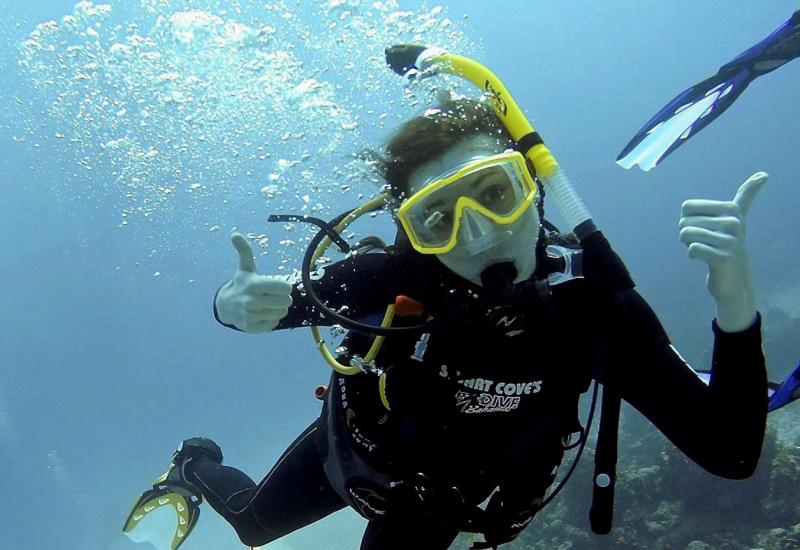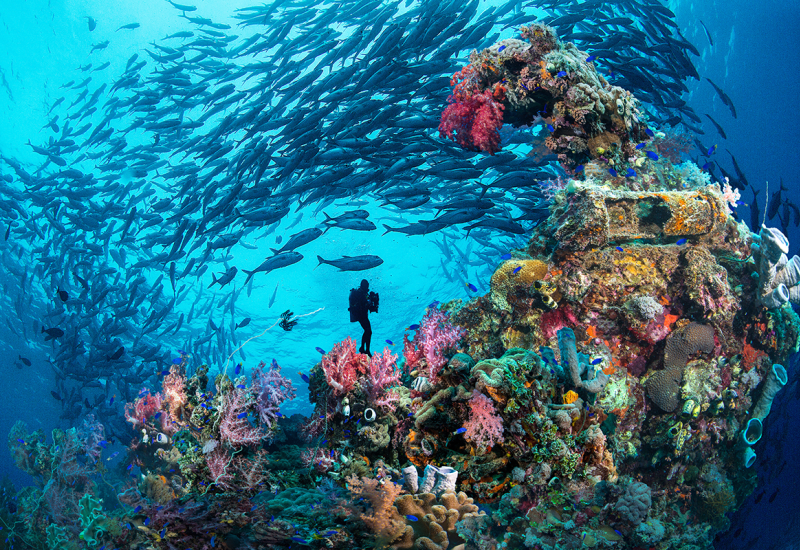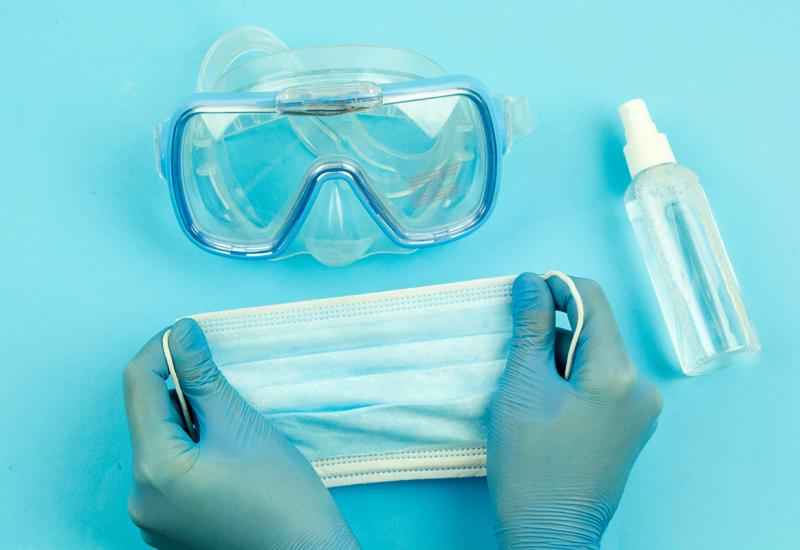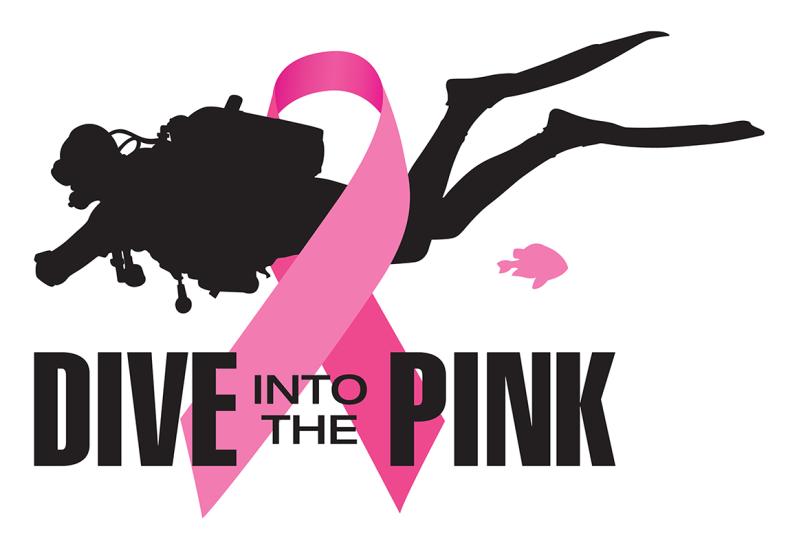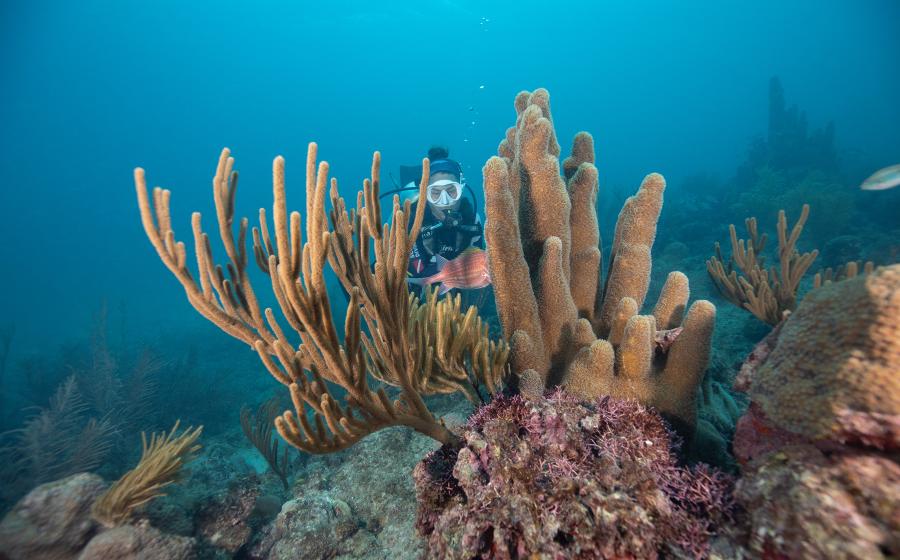Scuba Diving Doctor: Is It Safe to Scuba Dive If You're Pregnant?

Ask the Diving Doctor: Can you dive when you're pregnant?
Shutterstock
Question: My husband and I have been looking forward to an upcoming dive trip for months. However, I just found out that I'm pregnant with our first child. Should we change our plans for diving?
Answer: This is a very common question that diving doctors address routinely. It might surprise you to learn that the patent answer of absolutely no diving during pregnancy isn’t based on sound medical research — even though it is the right answer!
The developing fetus is not protected from nitrogen bubbles, so there is at least a theoretical risk for injury.
However, most of the animal experiments focusing on this matter have not conclusively shown that exposure to breathing compressed air at depth results in any increased risk of birth defects or pregnancy loss.
In fact, a pregnant woman suffering from another kind of gas poisoning, carbon monoxide, must absolutely be treated in a hyperbaric chamber because the fetus is more sensitive to the toxin than Mom. Of course, Mom breathes oxygen during the treatment.
The best reason for avoiding diving while pregnant actually has psychological roots. Miscarriage is a common enough occurrence whether or not the mother is participating in activities such as scuba diving.
There is the potential risk for self-blame and anguish on the woman’s part if she thinks that her decision to go scuba diving resulted in any negative outcome for the pregnancy, even if that was not the case.
My advice is to snorkel and swim but avoid breathing compressed air at depth during the pregnancy. However, if a woman finds out after a dive trip that she was pregnant while diving, there is absolutely nothing in the medical literature that would warrant significant concern or support elective termination of the pregnancy.
James L. Caruso is a 30-year veteran of the U.S. Navy, serving as ship’s doctor, undersea medical officer and flight surgeon. His experience includes a fellowship in Diving and Hyperbaric Medicine at Duke University Medical Center; today he is Denver’s chief medical examiner.
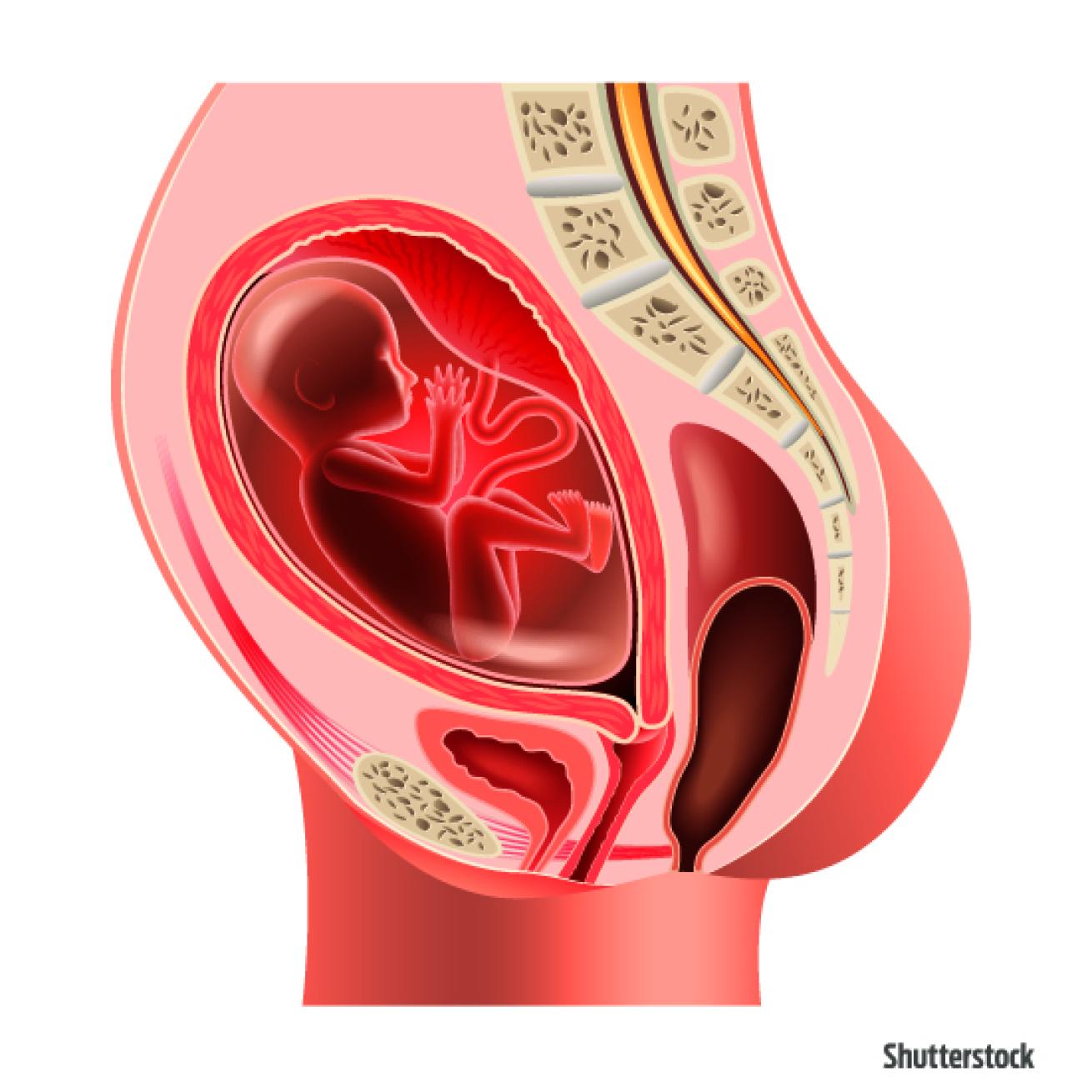
ShutterstockAsk the Diving Doctor: Can you dive when you're pregnant?
Question: My husband and I have been looking forward to an upcoming dive trip for months. However, I just found out that I'm pregnant with our first child. Should we change our plans for diving?
Answer: This is a very common question that diving doctors address routinely. It might surprise you to learn that the patent answer of absolutely no diving during pregnancy isn’t based on sound medical research — even though it is the right answer! The developing fetus is not protected from nitrogen bubbles, so there is at least a theoretical risk for injury.
However, most of the animal experiments focusing on this matter have not conclusively shown that exposure to breathing compressed air at depth results in any increased risk of birth defects or pregnancy loss.
In fact, a pregnant woman suffering from another kind of gas poisoning, carbon monoxide, must absolutely be treated in a hyperbaric chamber because the fetus is more sensitive to the toxin than Mom. Of course, Mom breathes oxygen during the treatment.
The best reason for avoiding diving while pregnant actually has psychological roots. Miscarriage is a common enough occurrence whether or not the mother is participating in activities such as scuba diving.
There is the potential risk for self-blame and anguish on the woman’s part if she thinks that her decision to go scuba diving resulted in any negative outcome for the pregnancy, even if that was not the case.
My advice is to snorkel and swim but avoid breathing compressed air at depth during the pregnancy. However, if a woman finds out after a dive trip that she was pregnant while diving, there is absolutely nothing in the medical literature that would warrant significant concern or support elective termination of the pregnancy.
James L. Caruso is a 30-year veteran of the U.S. Navy, serving as ship’s doctor, undersea medical officer and flight surgeon. His experience includes a fellowship in Diving and Hyperbaric Medicine at Duke University Medical Center; today he is Denver’s chief medical examiner.

